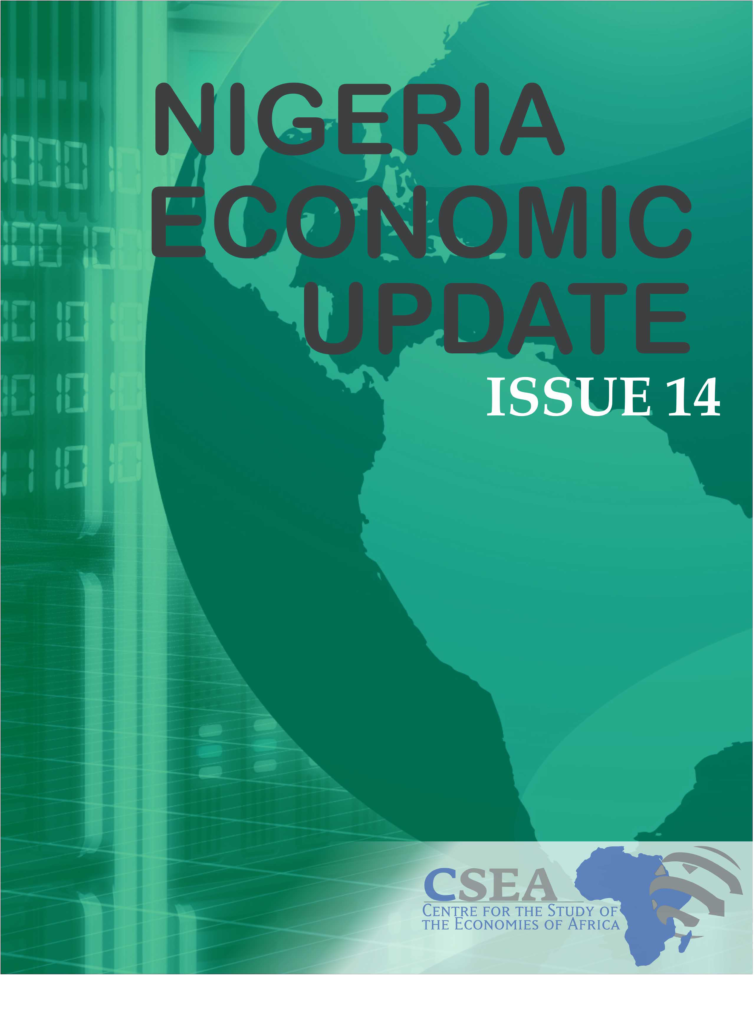Nigeria’s Apex bank held the first meeting of its reconstituted Monetary Policy Committee (MPC) for the year 2018. Following a detailed review of domestic macroeconomic events, the MPC deemed it fit to retain all rates: MPR at 14% (which has remained at a record high of 14 percent since July 2016), CRR 22.5%, Liquidity Ratio 30% and Asymmetric corridor at +200 and -500 basis points around the MPR1. The unchanged monetary policy can be attributed to the MPC’s satisfaction with the continued moderation in economic indices as well as the gradual return to macroeconomic stability. Going forward, fiscal policy authorities should consolidate these positive outcomes given monetary policy inaction.
Macroeconomic Report & Economic Updates

March 8, 2018
Nigeria Economic Update (Issue 14)
Nigeria’s Apex bank held the first meeting of its reconstituted Monetary Policy Committee (MPC) for the year 2018. Following a detailed review of domestic macroeconomic events, the MPC deemed it fit to retain all rates: MPR at 14% (which has remained at a record high of 14 percent since July 2016), CRR 22.5%, Liquidity Ratio […]
Read →
Related
Nigeria Economic Update (Issue 13)
OPEC basket price increased (Week-on-Week) by 1.6 percent to $49.45 per barrel on March 31, 2017- the first increase recorded in three weeks. Also, Bonny light rose by 4.7 percent to $51.92 per barrel. The rise in crude oil prices reflects demand-side expansion, consequent upon a myriad of factors: slower rise in USA crude reserves, huge supply disruptions in Libya, and the prospective extension of OPEC supply cut deals in member countries. The strengthening of crude oil price amid calm in the Niger Delta oil region, presents positive outlook for the Nigerian economy. However, given the adverse implications of sole dependence on crude oil revenue, the government should avoid returning to the norm and make efforts to intensify investments in other key sectors of the economy
Nigeria Economic Update (Issue 34)
Recently released report by the National Bureau of Statistics shows that Nigeria recorded remarkable Year-on-Year (YoY) and Quarter-over-Quarter (QoQ) increase in capital importation. Total capital importation stood at $1,792.3 million in 2017Q2, representing 72 percent YoY and 97 percent QoQ growths respectively. Disaggregated data points to portfolio investment as the dominant type of investment imported, with a value of $770.5 million, 43 percent of total capital importation. The increase in capital importation was driven by 145 percent QoQ surge in portfolio investment and a remarkable increase in capital imported through shares.
